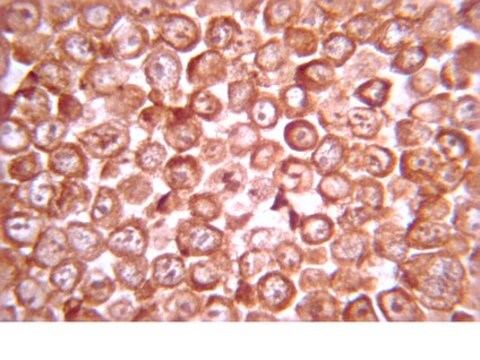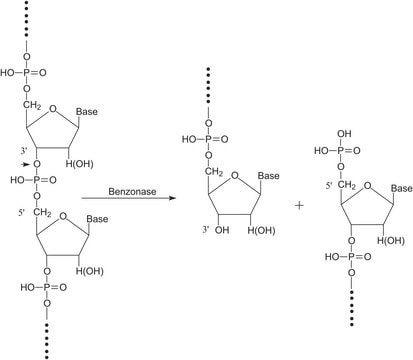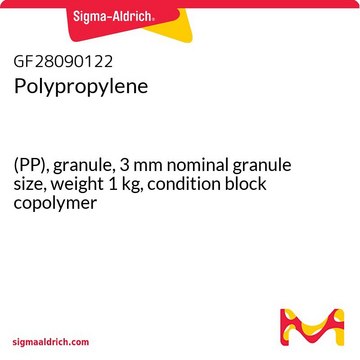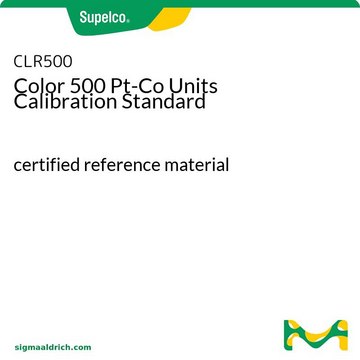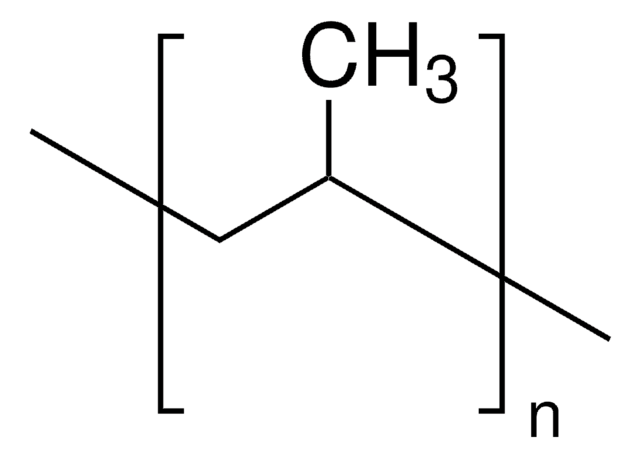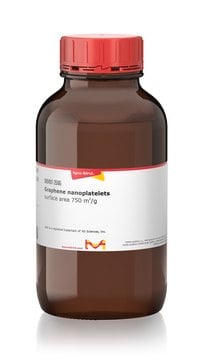추천 제품
제품명
Anti-Raf-1 Antibody, clone AM223, rabbit monoclonal, culture supernatant, clone AM223, from rabbit
생물학적 소스
rabbit
Quality Level
항체 형태
culture supernatant
클론
AM223, monoclonal
종 반응성
human, mouse, rat
기술
immunoprecipitation (IP): suitable
western blot: suitable
동형
IgG
NCBI 수납 번호
UniProt 수납 번호
배송 상태
dry ice
타겟 번역 후 변형
unmodified
유전자 정보
human ... RAF1(5894)
일반 설명
The Raf proteins (Raf-1, A-Raf, B-Raf) are Ser/Thr kinases with homology to the PKC family, containing an N-terminal regulatory domain and a c-terminal catalytic domain. Members of the Raf family bind to activated Ras GTPase, which results in Raf translocation to the plasma membrane and activation. Activated Raf proteins phosphorylate MEKs, and are therefore the principle transducers of signals from Ras to MAP kinase. In addition to its role in mitogenesis, Raf-1 may play a role in regulation of apoptosis and cell cycle progression. Activation of Raf-1 involves phosphorylation of Ser338/339 and Tyr340/341. Activating mutations of B-Raf that disrupt its auto-inhibition loop have been implicated in a number of cancers, including melanoma and colon cancer.
특이성
Predicted to cross-react with rat based on sequence homology.
Recognizes Raf-1, Mr 74 kDa.
면역원
Epitope: C-terminus
KLH-conjugated, synthetic peptide corresponding to the C-terminus (amino acids 637-648 (CTLTTSPRLPVF)) of human Raf-1.
애플리케이션
Anti-Raf-1 Antibody, clone AM223 is an antibody against Raf-1 for use in IP & WB.
Research Category
Signaling
Signaling
Research Sub Category
MAP Kinases
MAP Kinases
Western Blotting Analysis:
A 1:500-1:2,000 diltuoin of this lot detected Raf-1 in 3T3/A31 cell lysates.
Immunoprecipitation: 2-4 μg of a previous lot immunoprecipitated Raf-1 from 400 μg of 3T3/A31 RIPA lysate.
A 1:500-1:2,000 diltuoin of this lot detected Raf-1 in 3T3/A31 cell lysates.
Immunoprecipitation: 2-4 μg of a previous lot immunoprecipitated Raf-1 from 400 μg of 3T3/A31 RIPA lysate.
품질
Routinely evaluated by Western Blot on 3T3/A31 lysates.
표적 설명
74 kDa
결합
Replaces: 04-412
물리적 형태
Cultured supernatant with 0.05% sodium azide.
저장 및 안정성
Stable for 1 year at -20ºC from date of receipt.
Handling Recommendations: Upon receipt, and prior to removing the cap, centrifuge the vial and gently mix the solution. Aliquot into microcentrifuge tubes and store at -20°C. Avoid repeated freeze/thaw cycles, which may damage IgG and affect product performance.
Handling Recommendations: Upon receipt, and prior to removing the cap, centrifuge the vial and gently mix the solution. Aliquot into microcentrifuge tubes and store at -20°C. Avoid repeated freeze/thaw cycles, which may damage IgG and affect product performance.
분석 메모
Control
Positive Antigen Control: Catalog #12-305, 3T3/A31 lysate. Add 2.5 μL of 2-mercapto-ethanol/100 μL of lysate and boil for 5 minutes to reduce the preparation. Load 20 μg of reduced lysate per lane for minigels.
Positive Antigen Control: Catalog #12-305, 3T3/A31 lysate. Add 2.5 μL of 2-mercapto-ethanol/100 μL of lysate and boil for 5 minutes to reduce the preparation. Load 20 μg of reduced lysate per lane for minigels.
면책조항
Unless otherwise stated in our catalog or other company documentation accompanying the product(s), our products are intended for research use only and are not to be used for any other purpose, which includes but is not limited to, unauthorized commercial uses, in vitro diagnostic uses, ex vivo or in vivo therapeutic uses or any type of consumption or application to humans or animals.
Storage Class Code
12 - Non Combustible Liquids
WGK
WGK 1
Flash Point (°F)
Not applicable
Flash Point (°C)
Not applicable
시험 성적서(COA)
제품의 로트/배치 번호를 입력하여 시험 성적서(COA)을 검색하십시오. 로트 및 배치 번호는 제품 라벨에 있는 ‘로트’ 또는 ‘배치’라는 용어 뒤에서 찾을 수 있습니다.
Andreas R Baudy et al.
EJNMMI research, 2(1), 22-22 (2012-06-02)
The BRAF inhibitor, vemurafenib, has recently been approved for the treatment of metastatic melanoma in patients harboring BRAFV600 mutations. Currently, dual BRAF and MEK inhibition are ongoing in clinical trials with the goal of overcoming the acquired resistance that has
Ying-Yan Fang et al.
Journal of neurochemistry, 146(6), 703-721 (2018-06-26)
Menopause, a risk factor for brain dysfunction in women, is characterized by neuropsychological symptoms including depression and dementia, which are closely related to alterations in different brain regions after menopause. However, little is known about the variability in pathophysiologic changes
자사의 과학자팀은 생명 과학, 재료 과학, 화학 합성, 크로마토그래피, 분석 및 기타 많은 영역을 포함한 모든 과학 분야에 경험이 있습니다..
고객지원팀으로 연락바랍니다.
